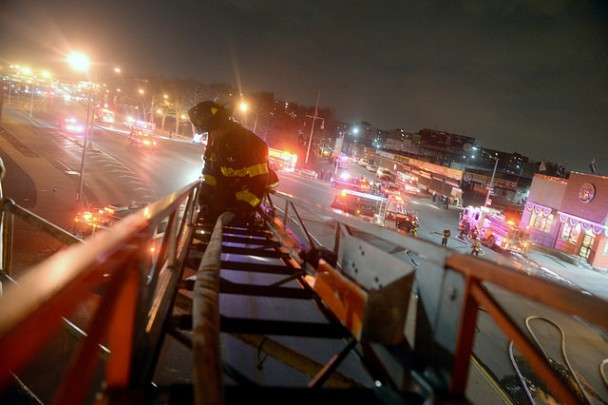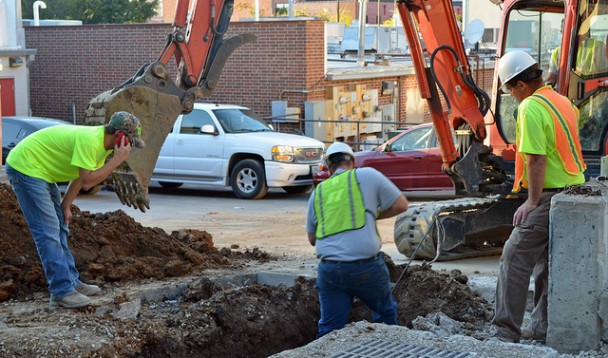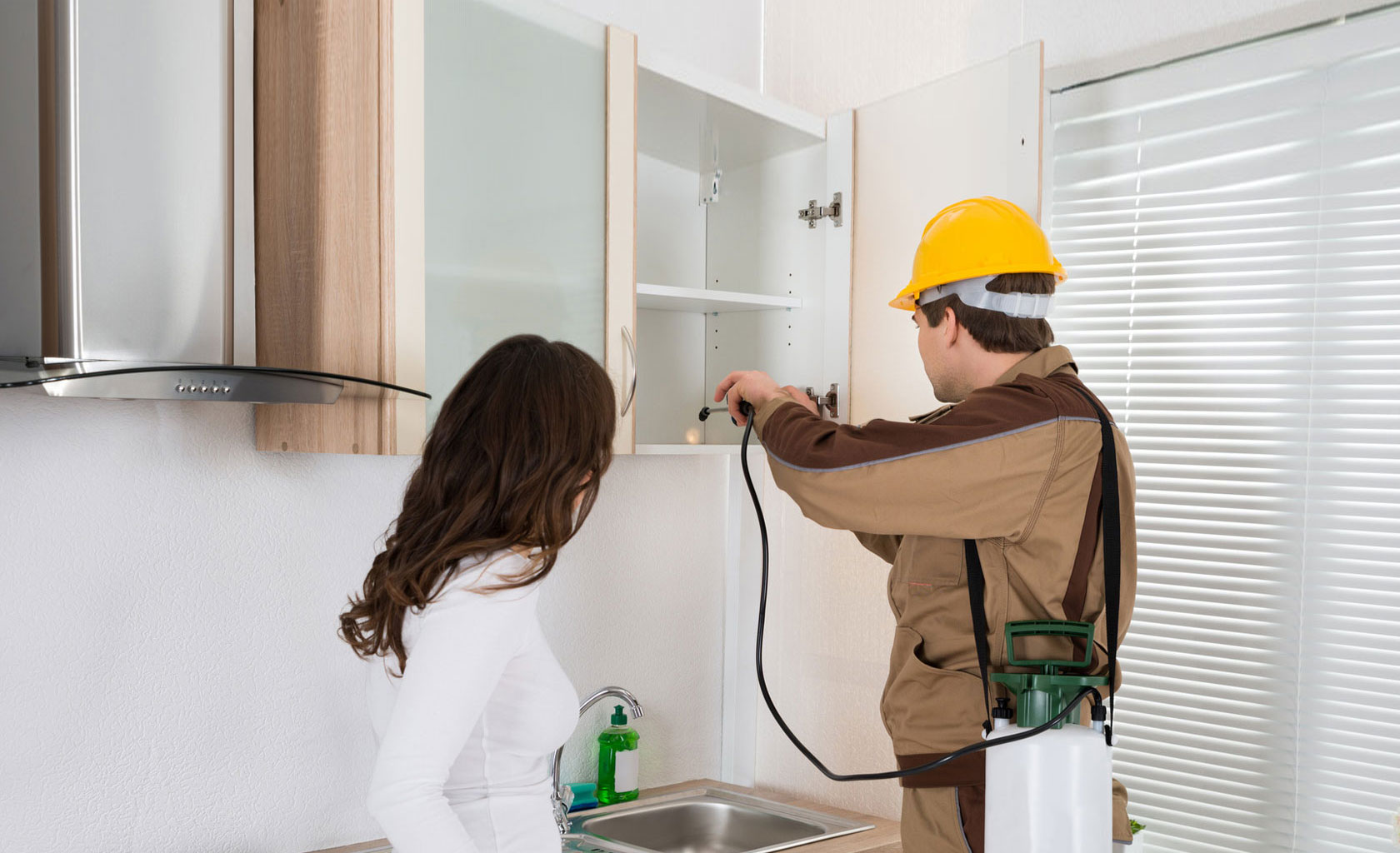Natural gas is an economic and reliable fuel, utilised as source of energy for heating needs and electricity generation, in commercial and residential properties alike. Despite all preventive measures, gas leaks can still occur. When this happens, one should contact a professional service and act according to their instructions to avoid any potential accident. In the meantime, here is a general guideline for such situations.
Common Causes
Gas leakage is often a result of infrequent maintenance or poor installation of gas-reliant systems. What happens is that gas escapes through the area around the seal or from a gas hose. Also, there are higher chances for leakage if the system is old or has second-hand elements. The best way to evade these is to hire gas specialists and make sure everything is in order before you turn it on for the first time.

Tell-Tale Signs of Leakage
If you cannot shut off the gas source, but you suspect there’s a leak in your business space, evacuate the building immediately and call the emergency number for your country. If you detect one of the following signs, act promptly:
- The smell of rotten eggs. While natural gas doesn’t have a smell of its own, gas distributors place some additives in it that give off specific odour.
- The blowing or hissing sounds coming from the ground, the exposed pipeline or gas-related appliances
- The sight of blue flame in the vicinity of exposed pipes or ground installations
- The continual blowing of dust or debris in smaller areas or along the entire pipeline
- Welting or dead plants that are located near gas fixtures
- Damaged joints and other elements of the gas-powered system
- An abrupt increase in gas use, detectable on the company’s bill
What to Do?
The first thing you should do in case of a leak is to put out anything that’s on fire, like cigarettes or candles. Open all windows and air the offices properly. All the engines and machinery near the pipeline should be turned off. The use of cell phones, electrical appliances and switches is prohibited for the time being. If you can safely reach the appliance or the source of gas, try to turn it off.
In case that the leak is detected in the external underground lines, do not try to fill the opening with water. If a fire broke out, extinguishing is out of the question unless the source of the gas is completely shut off. Evacuate the premises and don’t let anyone in. Finally, call your gas provider for minor issues or emergency services for graver ones.

What not to Do?
Whatever you do, don’t assume the problem is solved and turn on the gas yourself, advise Sydney-based specialists for gas leaks. The professionals will do it themselves when they assess the issue and put the service back in order. Relying solely on your sense of smell to detect propane or natural gas is not advised, so call the experts for a quick check-up upon the smallest doubt.
Finally, make sure that the manufacturer’s manual is followed to the letter upon the installation of the gas-related equipment, as well as that the local regulations are observed.
How to Prevent This in the First Place?
If you don’t act in time or disregard the signs, a gas leak can lead to fires, carbon monoxide poisoning or even explosions. The first thing you can do is to ensure your gas installation and service is performed by an accredited gas expert. Regular maintenance is not to be neglected, as well. Lastly, place a CO detector at the key spots and change its batteries once a year.
Gas leakage is nothing to sneeze at. It can lead to serious health complications or death if any of the abovementioned issues are ignored. Get more information from your gas provider and act accordingly.






